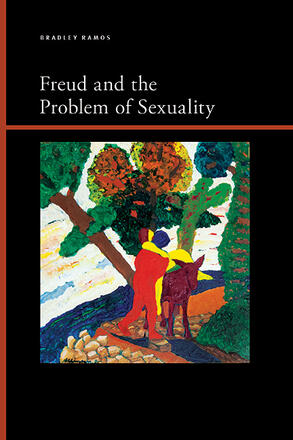
Freud and the Problem of Sexuality
Alternative formats available from:
A fresh, provocative reading of Freud's theory of sexuality.
Description
While contemporary studies have paid renewed attention to the psychoanalytic theory of sexuality and routinely reference Sigmund Freud, they seldom engage directly with his work. Freud and the Problem of Sexuality returns to Freud's writings to argue that there is still something revolutionary and novel to be found there—something that will come to challenge both philosophical and popular understandings of sexuality. In lively, accessible prose, Bradley Ramos revisits some of the most difficult, even troubling aspects of Freud's work and sheds fresh light on foundational concepts such as Trieb (drive or instinct), perversion, infantile sexuality, and the Oedipus complex. Reading Freud alongside Jean Laplanche, Louis Althusser, and Jacques Derrida, we can begin to see why sexuality becomes for us, as it did for Freud, a problem in and by its nature. However, to take this problem of sexuality seriously, Ramos argues, we must dare to do what most refuse: renounce our persistent fantasies and assumptions about sexuality.
Bradley Ramos is an analysand at the Chicago Psychoanalytic Institute and independent scholar who received his PhD in Philosophy from DePaul University.
Reviews
"A fine, very nuanced reading of Freud's vexed work and views on sexuality. Rather than normalizing sexuality or making intrinsically perverse sexuality into some sort of hero, Ramos makes a case for dwelling with sexuality simply as a problem. Erudite and well-researched, this book should have broad appeal across the humanities, including to readers who are just getting interested in psychoanalysis." — Ed Pluth, coauthor of On Silence: Holding the Voice Hostage